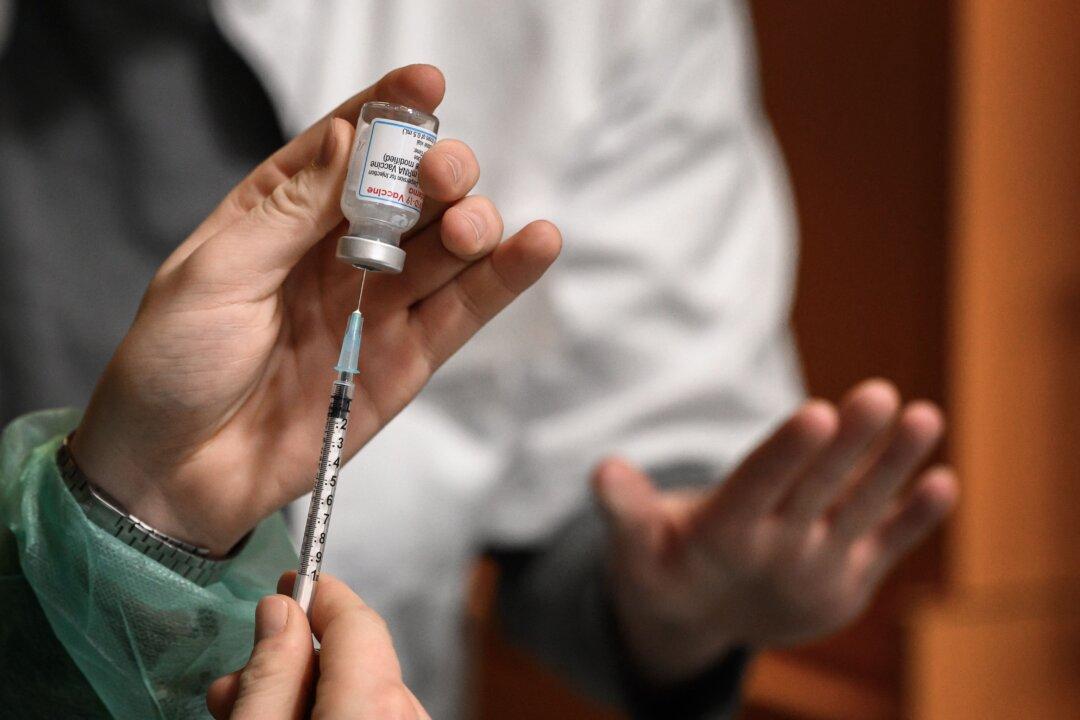Swiss authorities have stopped recommending COVID-19 vaccination, including for people who are designated at high risk from COVID-19.
Switzerland’s Federal Office of Public Health now says that “no COVID-19 vaccination is recommended for spring/summer 2023.”





